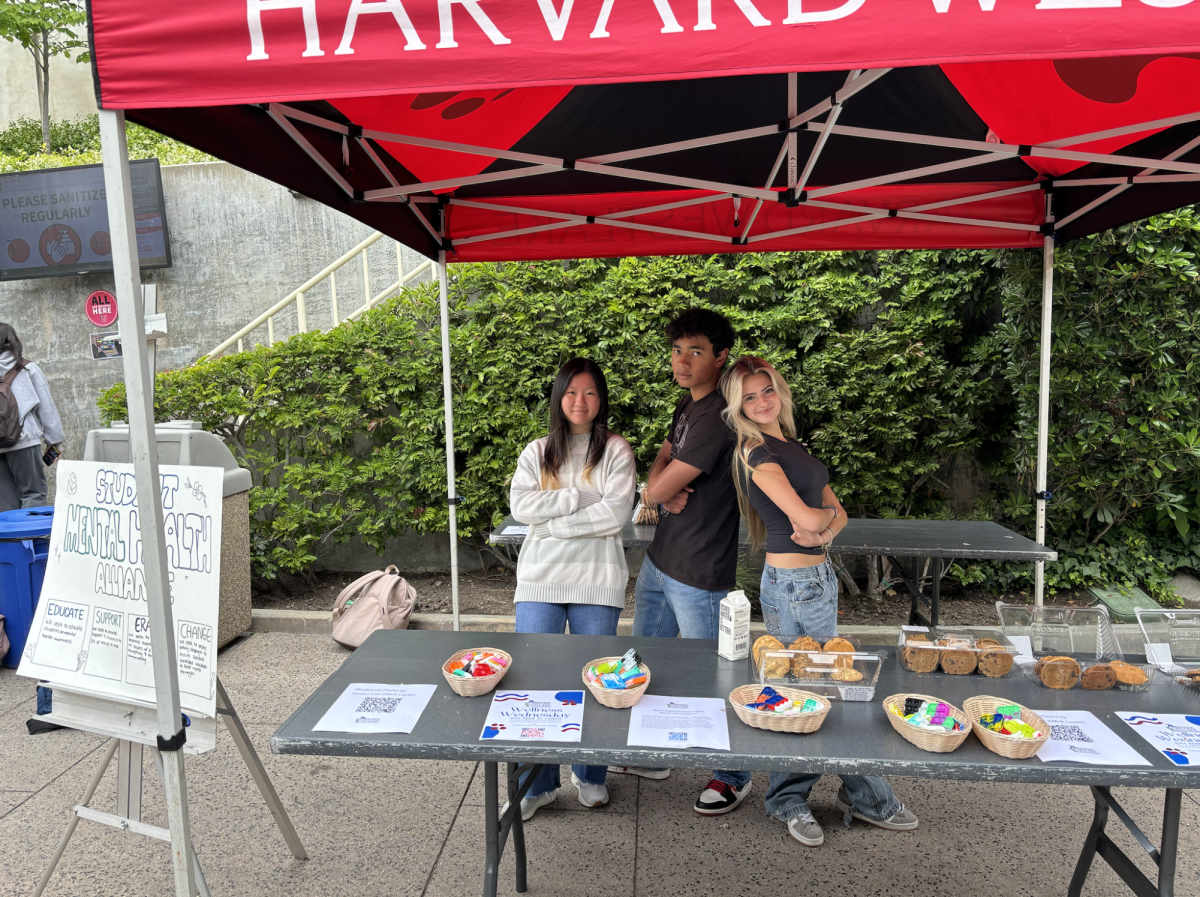By Justine Goode
On the second day of her raw food cleanse, Olivia Schiavelli ’12 found refuge in a nail salon. Irritable and hungry due to the limited food she had eaten that day, she treated herself to a manicure as a distraction from her growling stomach. Schiavelli’s mother had seen the cleanse, created by cardiothoracic surgeon and television personality Dr. Mehmet Oz, in a magazine and suggested the two try it over a weekend.
“I did it for two days,” Schiavelli said. “Two very horrible days.”
Schiavelli said it was hard to stick to the “disgusting” diet suggested by the magazine. For breakfast, she could eat only quinoa, a gluten-free grain, and prunes. Lunch was a blueberry smoothie and dinner was cabbage soup with onions, mushrooms, celery and a side of sauerkraut. If she wanted a snack, Schiavelli made a juice out of artichoke hearts, kale, pineapple and cucumber.
“Snack was easily the worst,” she said.
She said after the weekend was over, she felt virtually no benefits from her extreme diet.
“Honestly, I felt nothing,” she said. “We were supposed to feel all rejuvenated and clean and have more energy, but my mom and I both felt exactly the same.”
Many cleanses, even in the short term, are not healthy for most teenagers as they tend to deprive adolescent bodies of necessary nutrients, said pediatrician Mizin Kawasaki (Megan ’12). However, Schiavelli’s diet of many different fruits and vegetables was more nutritious than most fad diets, such as the popular “Master Cleanse,” a short cleanse which consists of water, lemon juice and cayenne pepper. Kawasaki said that short cleanses, including fruit and vegetable juice diets, can be beneficial as long as they are supplemented by a small, healthy meal. They can provide a teenager’s body with minerals and vitamins that they might not get from a more typical processed diet.
However, Kawasaki warned against trying more extreme crash diets as a teenager, as they can lead to problems in the long term.
“In your adolescence, if you do choose to go on a lot of diets, you’re setting yourself up for an eating disorder, and that’s something you should really consider,” she said.
If teenagers want to lose weight, Kawasaki said they should simply eat more vegetables, supplemented by fruits, some grains and lean meats or fish.
“If you were to eat eight to 10 servings of vegetables and more fruit, then you would be healthy,” she said. “You just wouldn’t have to worry. The main culprit of the American diet is processed foods and lots of sugar.”
Eliza Kellman ’12 said she has enjoyed sticking to a long term cleanse that fulfills these all-natural standards. Kellman started the cleanse, suggested by her acupuncturist, a week after her father began it. She decided to do it with him as she felt it was a good way to get healthy.
“The main objective of the cleanse is to be healthy and see what it feels like to have your body run on all real food, nothing processed, and all food that our body is meant to digest and digests easily,” she said. Kellman said she did not have any specific interest in losing weight.
On her cleanse, Kellman makes sure to drink two “green” smoothies a day, made with with greens, cucumbers, celery and fruit, as well as flax oil, fiber powder and dietary supplements. She also eats meat and vegetables, but is careful to avoid gluten (especially wheat), dairy, nuts, sugar or processed foods. She can also eat limited amounts of brown rice or quinoa as well as specific fruits, like blueberries, blackberries and raspberries.
Two weeks into her three-week cleanse, Kellman said she is already feeling the benefits of her natural diet.
“I think I’m going to try to stick very close to the guidelines after the three weeks are over,” she said. “I feel so much better and the food is great. Now if I ever stray off the cleanse, I can really feel the difference in my body right away. It’s just not as natural.”

































